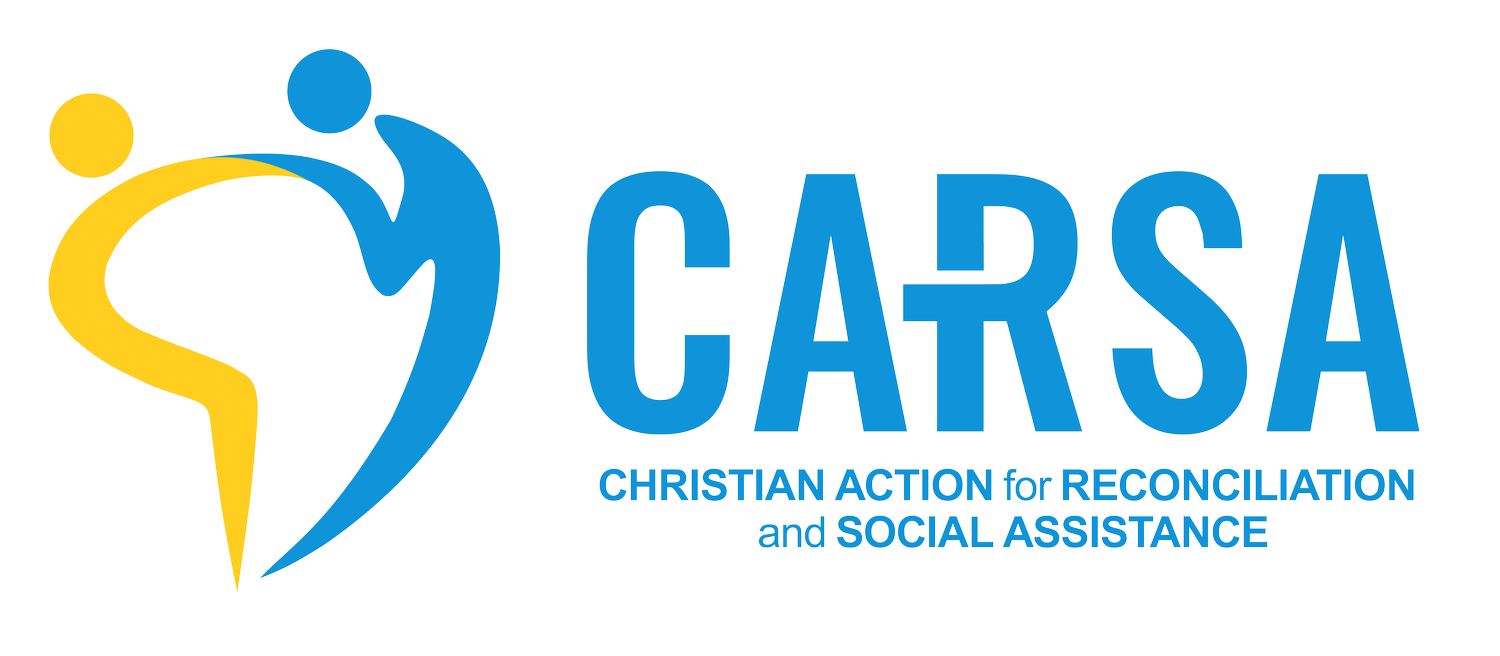Resilience Cells Groups (RCG): A space to boast social fabric, unity, and integrity
The power of Resilience Cell Groups (RCGs) also prevailed in October 2024, a month marking Unity and Resilience. Members of RCGs engaged in community activities on a group-by-group basis throughout the month to nurture unity, resilience, and common harmony into the social fabric of their communities. The activities were mostly hands-on social assistance initiatives such as digging farms, planting seeds, house reconstruction, building toilets, making kitchen gardens, and providing food and hygienic materials to vulnerable genocide survivors, especially older or widowed women. This RCG community-based support goes beyond the surface of forgiveness and reconciliation, tackling trust issues to restore the dignity of individuals who have been hurt or impoverished by the conflict. The group's goal was to help those most marginalized by the events of the past to see light again and be able to endure the pain and live long.
Twenty-six RCG members from the Nyarubaka Sector of Kamonyi District gathered at Christine Karubera’s house. The genocide widow was in need of bricks to rebuild her house that was destroyed by the harsh rain last season. Both finances and age had precluded her from restoring it herself. Since the storm, Karubera had no place to cook and little remains of the house to store possessions.
“It’s almost one year since this house was destroyed by heavy rain and left me in darkness. Everything was tough as there was no place for storage. Seeing the members of RCG leave their family activities and rally together here to make bricks means the world to me and ignites me to love my country and people even more.”
To Karubera, seeing all her neighbors, including those who had a role in killing her husband and siblings during the 1994 genocide against the Tutsi, at home and eager to help reconstruct the house was an example of how far Rwandans are to the process of healing, unity, and resilience. “Before CARSA, it was impossible to meet my offenders in an open place or for social assistance activities like this to take place. Being able to do this means that we have been truly united and reconciled,” Karubera said with a smile and happiness.
We are counting over 100 activities our RCGs have been done in only October. All of them took place in two major districts (Kamonyi and Muhanga) where we’re operating. This means that over 100 people have benefited from one of the activities like the one we just mentioned, which will continue being organized among all RCG members bi-monthly.
Since the CARSA inception, over 85 RCGs (20-40 members) have been established in 2 districts (Kamonyi and Muhanga). This was part of the concerted efforts toward trauma healing, forgiveness, and holistic development. RCGs met on their own schedule to discuss their sensitive past wounds. Convening in spaces for peace is a process that enables individuals and communities to heal from psychological wounds that result from past experiences, restoring broken relationships, returning hope, and increasing empathy, aspects that are pivotal for peaceful coexistence among communities. In addition, the numerous members of RCGs benefitted from the Cow for Peace project, where a pair of survivor and offender were provided a cow raised together to advance in their relationship, as they fed it together, shared milk, restored trust among them as they support each other around raising the cow.







